
OR
Real estate sector faces confidence crisis despite positive economic indicators
Published On: May 7, 2024 11:10 AM NPT By: Republica | @RepublicaNepal
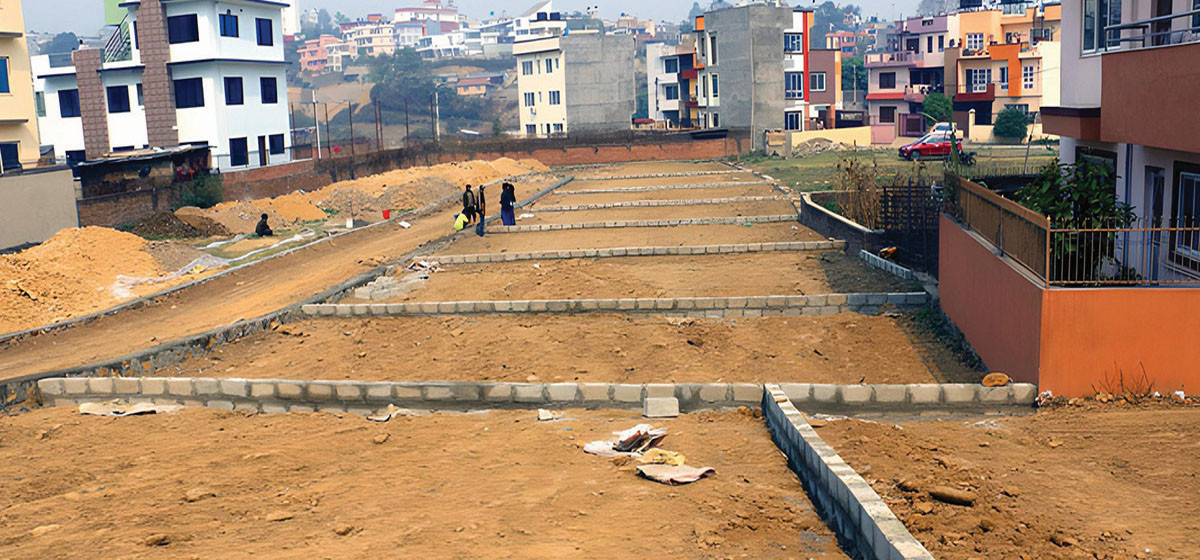
KATHMANDU, May 7: Despite positive internal and external economic indicators, the business environment remains stagnant, impacting various sectors including real estate. Despite some policy-related reforms, the anticipated progress in the real estate sector has yet to materialize.
Statistics from the Department of Land Management and Archive (DoLMA) indicate that although indicators are positive, the real estate sector has not fully recovered to its previous state. The business owners themselves expressed the sluggishness in the sector.
The real estate sector, with nearly Rs 350 billion in bank and financial institution capital, accounts for about four percent of the total debt of Rs 250 billion.
The total capital of the real estate bank and financial institution stands at around Rs 350 billion, while the total loans amount to around Rs 250 billion, which accounts for about four percent of the total loans issued by the banking sector.
Despite around 18,000 real estate entities registered with the Office of the Company Registrar, the turnover remains slow.
The analysis of data from 2079 BS to 2080 BS revealed an unsatisfactory turnover despite apparent growth in real estate stakeholders. From mid-July 2022 to April 26, 2023, about 949,008 documents of land transactions were processed, yielding revenue of over Rs 28 billion.
Similarly, from mid-July 2023 to April 26, 2024, approximately Rs 1,139,114 real estate transactions took place, generating revenue of about Rs 34 billion. However, the Nepal Land and Housing Developers' Federation and DoLMA stated that this does not signify an increase in real estate business.
Bed Prasad Aryal, spokesperson and director of DoLMA, noted some progress but mentioned that real estate transactions remain below expectations. He expressed issues such as land classification and the recent surge in cooperative-related problems, which have hindered real estate transactions.
Aryal suggested that despite the revision of land use regulations, positive economic indicators and favorable policies introduced by the Nepal Rastra Bank, sustained growth has not been achieved. While over Rs 68 billion in revenue was collected in the past year, current trends indicate a slowdown with only half the expected revenue being generated.
Businessmen expressed concerns that the government has not adequately addressed the slowdown in the real estate sector, citing its significant impact on the overall economy. Bhesh Raj Lohani, president of Nepal Land and Housing Developer's Federation, urged for a more supportive policy to bolster confidence and activity in the sector.
Lohani suggested increasing the loan-to-income ratio for housing loans and adjusting the loan-to-value ratio to facilitate investment in real estate. Presently, these ratios stand at 60 percent for housing loans up to Rs 5 million and 50 percent for those above Rs 20 million. However, businessmen argue that these ratios do not align with market realities.
The Nepal Land and Housing Developer's Federation advocated for an 80 percent loan-to-income ratio and a 70 percent loan-to-value ratio, highlighting the need for policy adjustments to stimulate real estate activity.
You May Like This

Flood, fire victims to get subsidized loans loans to rebuild house, run business
KATHMANDU, Jan 10: At a time when earthquake victims are struggling to get subsidized loans from bank and financial institutions... Read More...
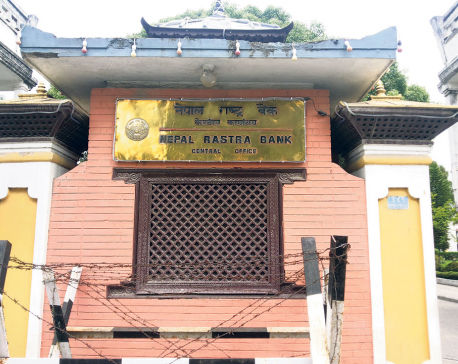
NRB seeks details of subsidized loans floated by banks
KATHMANDU, Feb 1: Nepal Rastra Bank (NRB) has sought details of loans that bank and financial institutions (BFIs) have floated... Read More...

Bankers, business leaders divide over new consortium loans rule
KATHMANDU, June 21: Business leaders have urged the central bank to put a rule that requires bank and financial institutions (BFIs)... Read More...
Just In
- CIAA files corruption case against two employees of Tikapur Land Revenue Office
- Infrastructure development gains momentum up in Gandaki Province
- Iran presidential helicopter in 'accident', search underway: state media (Updated)
- Water sources in CNP drying up due to drought, putting wild animals at risk
- Nepal to host int’l dialogue on climate change issues of mountainous countries
- JSP-N Chairman Yadav moves SC to bar seven defected lawmakers from parliamentary activity
- NEPSE surges 45.69 points, daily turnover increases to Rs 5.25 billion
- Police constable murder case: Connection to drugs and eve teasing revealed!




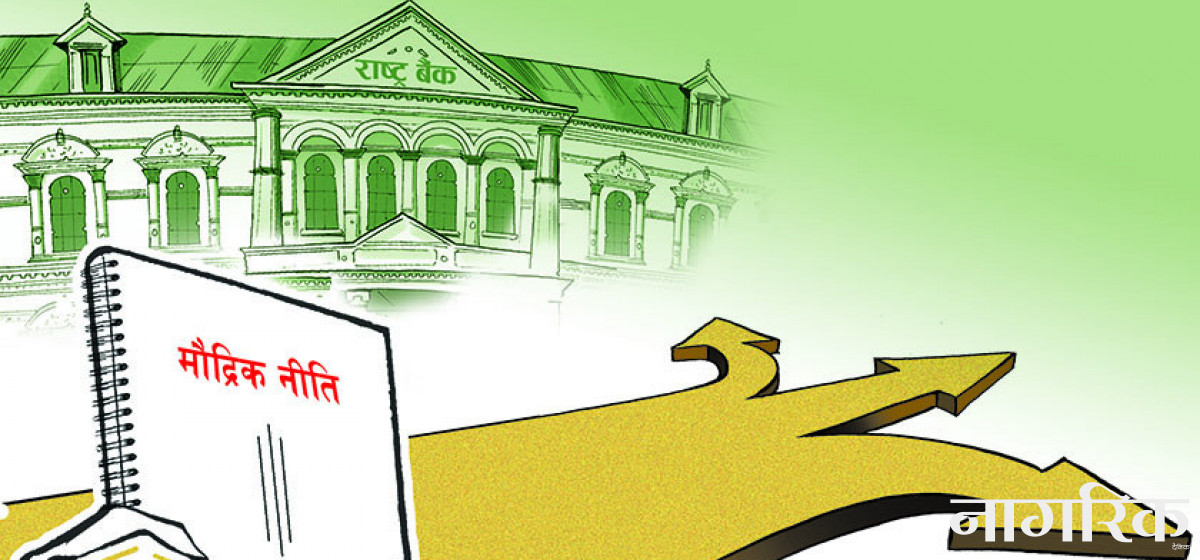
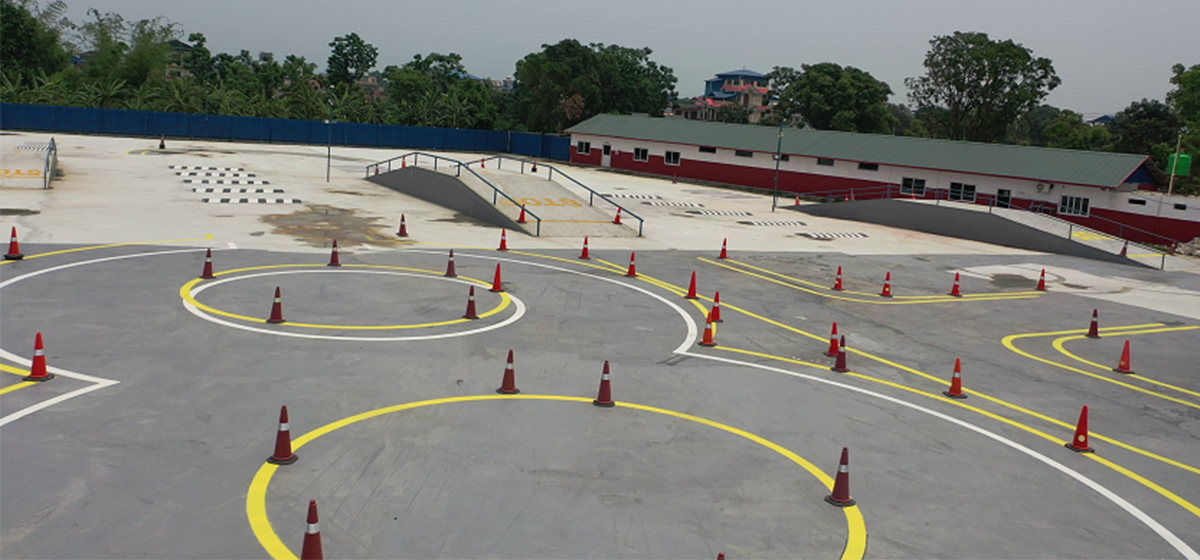
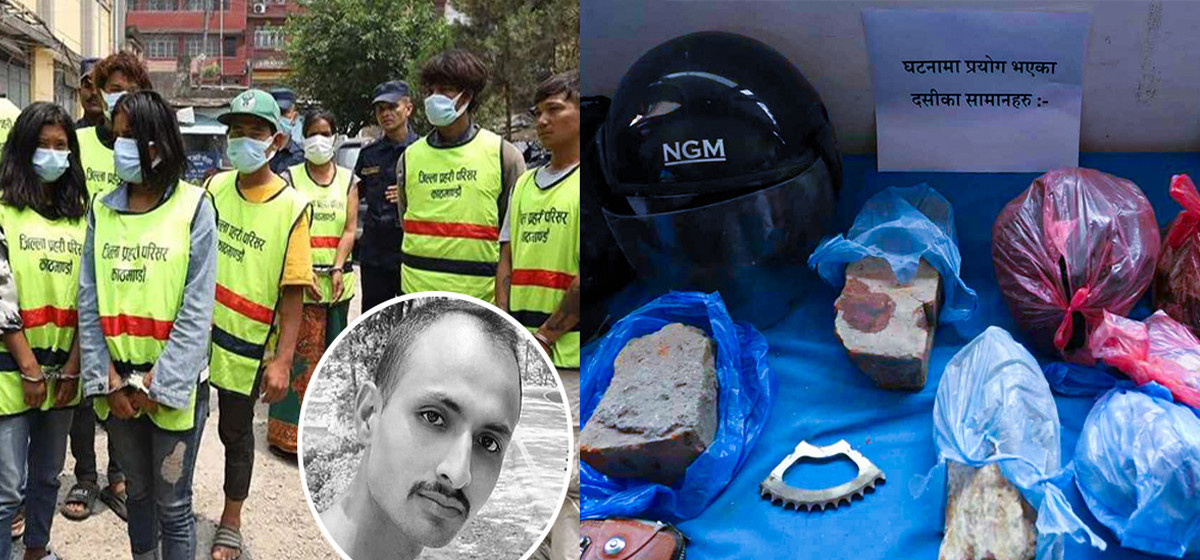


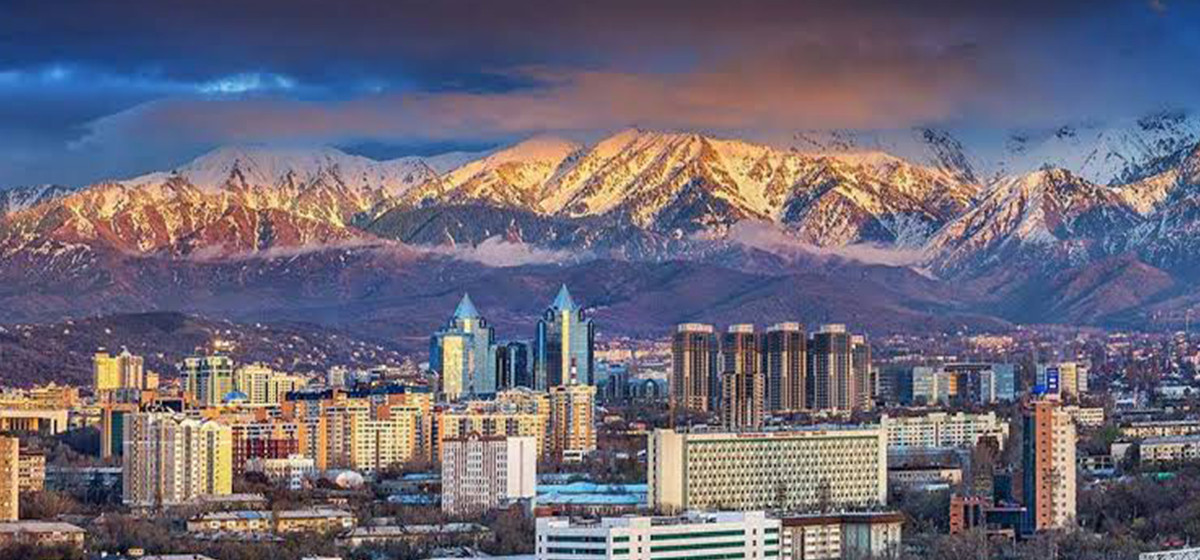

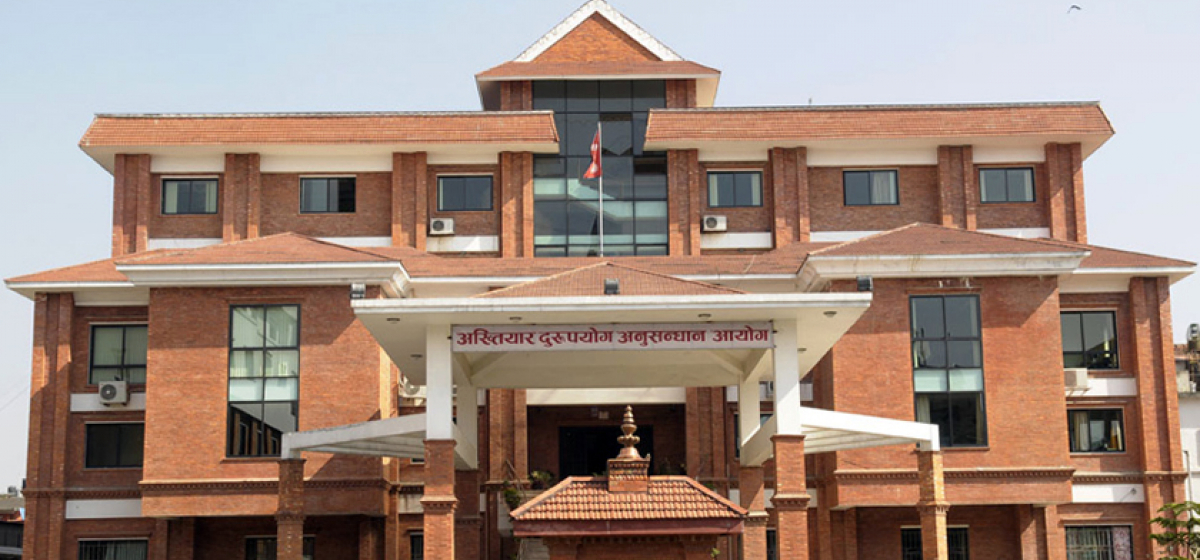
_20240311121839.jpg)





Leave A Comment